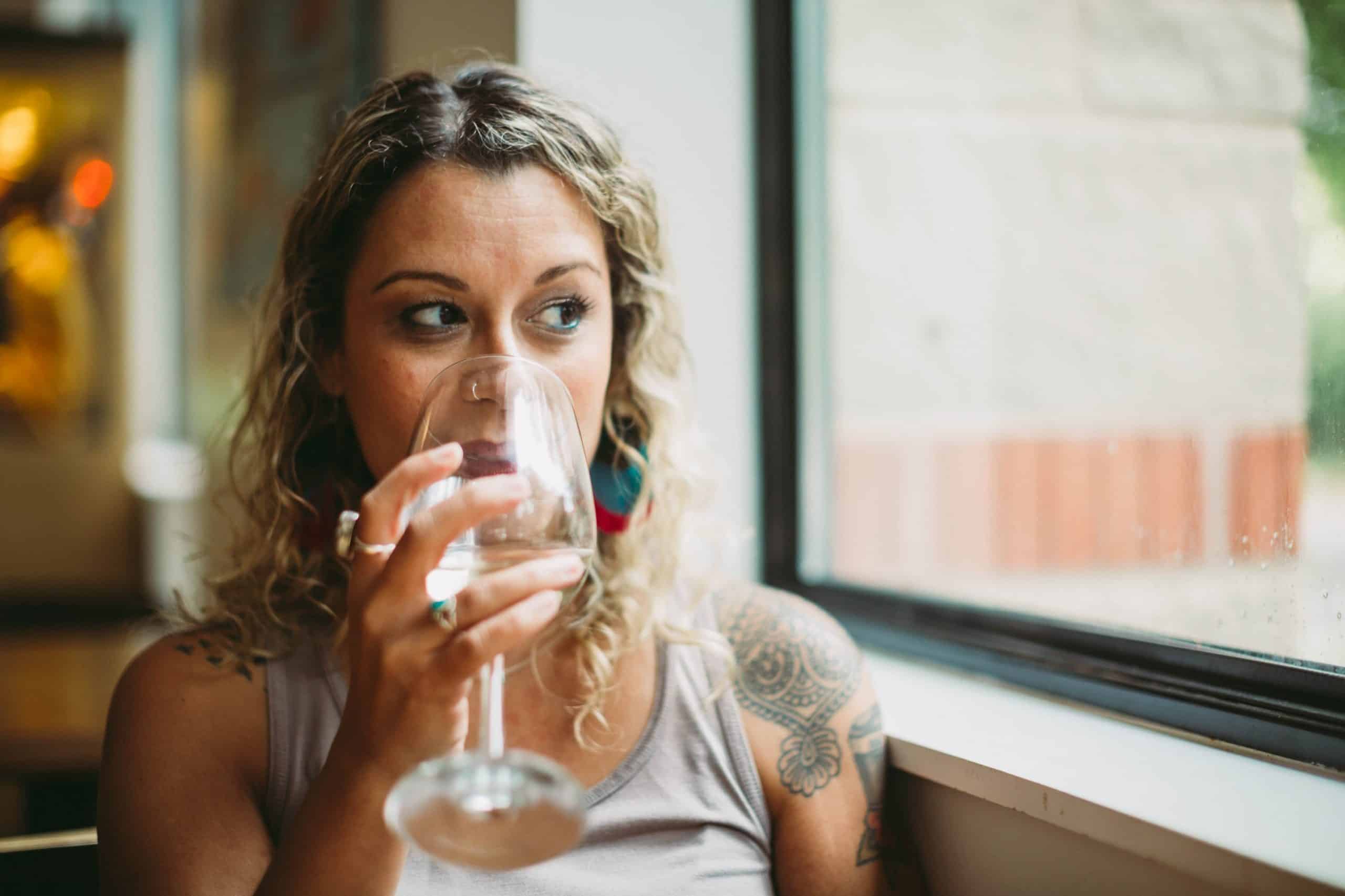We live in a fast paced world. We juggle jobs, families, friendships, study, and other responsibilities that leave us little time to slow down and take a breath. It’s no wonder we operate on autopilot much of the time.
Like other activities, drinking alcohol can be automatic too. Do you reach for a drink when you get home without really thinking about it? Have you forgotten how many drinks you’ve had at home or on a night out? Do you forget to plan your drinking ahead of time? You’re not alone.
If you’re trying to cut back on drinking alcohol, mindful drinking just might be for you.
What is Mindful Drinking?
Mindful drinking is just as it sounds: switching off the autopilot and bringing your awareness to drinking alcohol. It’s about being present in the moment and fully engaging with the act of drinking. It means slowing down, and paying attention to the sensations, thoughts, and emotions that arise before, during and after you have a drink.
The origins of mindfulness are in meditation and yoga but in the last 20 years, its principles have been applied more and more to everyday life. This means you don’t have to sit for hours in meditation to get the rewards. Studies show many health benefits to practicing mindfulness, including reduced stress, anxiety and depression, lower blood pressure and better sleep.
Mindful drinking helps us push pause. We’re more able to drink in moderation and become aware of our body’s signals. By paying attention to how a drink makes us feel, we can make intentional choices about what and how much we drink, leading to better overall health and well-being.
Mindful drinking can also improve our social lives. By being fully present with others while sharing a drink, we can deepen our connections and foster meaningful relationships.
Tips for Mindful Drinking
Set limits: Decide how often you will drink and when. On a chosen drinking day, decide ahead of time how many drinks you’ll have. Being mindful will allow you to count your drinks and stick to it.
Slow down: Pace yourself. Sip, don’t gulp. Savour the flavour, think about every drink. Do you feel thirsty? Have some water or soft drink first. Drinking quickly without thinking makes it more likely you’ll drink more than you intended.
Stay hydrated: Alternate alcoholic drinks with water to stay hydrated. Drinking water can also help to prevent a hangover. Your body and mind will appreciate it.
Engage your senses: Notice the colour, smell and taste of your drink. Listen to your body, pay attention to how alcohol is making you feel physically and emotionally. You might be surprised how few drinks you may really want when the autopilot is disconnected.
Be aware of your triggers: Pay attention to what ignites your desire to drink. Is it stress, social pressure, day of the week, or something else? Using mindfulness to shine a light on your particular triggers will help you to act differently and with intention.
Practise gratitude: Taking a moment to be grateful for the people and circumstances you are in when drinking can deepen the enjoyment of the experience and help you to slow down.
Mindful drinking has many health and social benefits. Try it next time you reach for a drink.
Let us know how you go. We are here to help you change your relationship with alcohol and meet your personal goals, whether that is taking a break, cutting back or quitting.
The Hello Sunday Morning Team

